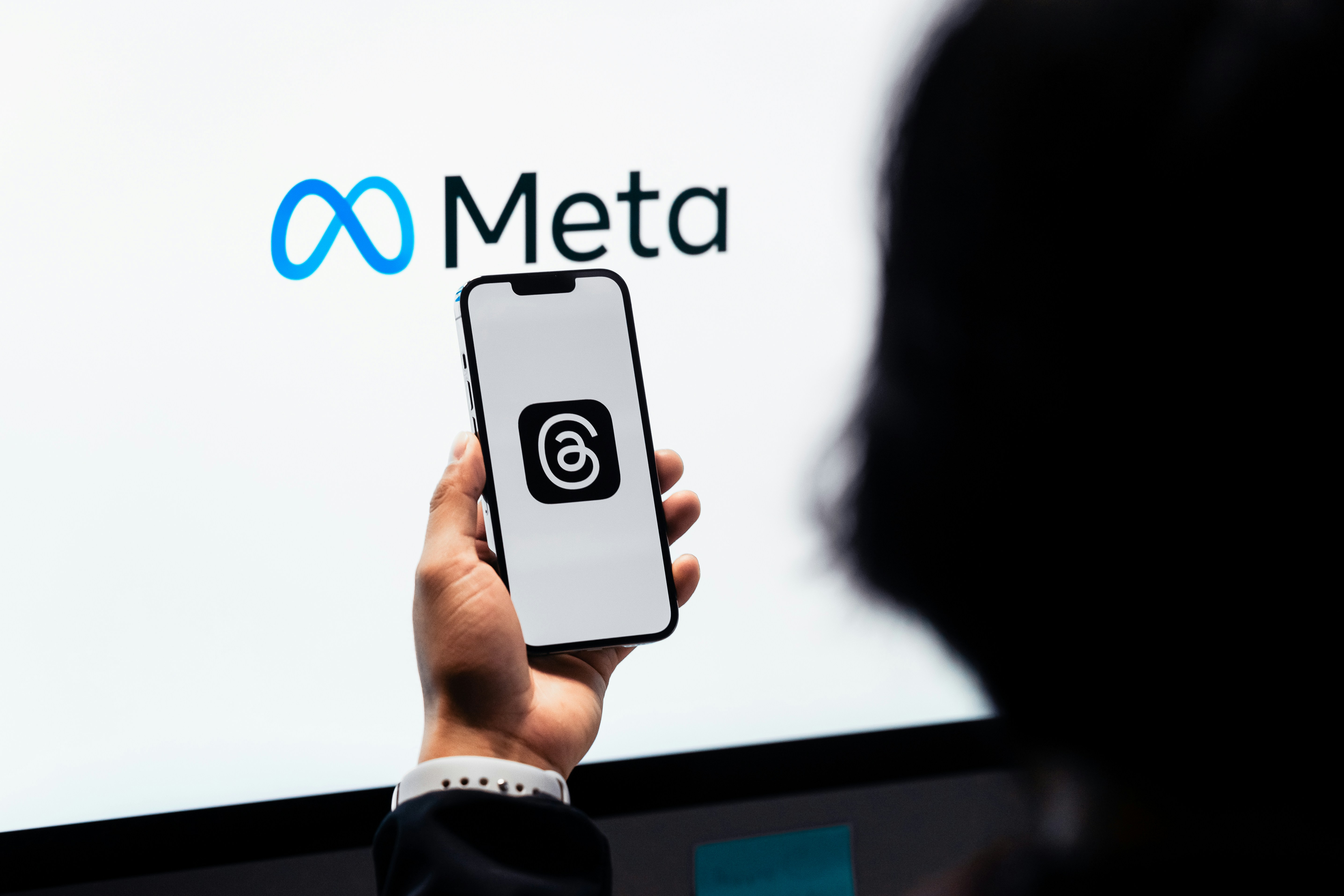[UNITED STATES] Meta Platforms Inc. has filed a motion requesting a U.S. federal judge to dismiss the Federal Trade Commission's (FTC) antitrust lawsuit, which alleges that the company unlawfully maintains a monopoly in the social media market through its acquisitions of Instagram and WhatsApp. The FTC's case, initiated in 2020, contends that Meta's purchases of these platforms suppressed emerging competition. The trial commenced on April 14, 2025, and Meta's legal team argues that the FTC has failed to present sufficient evidence to substantiate its claims.
FTC's Allegations and Meta's Defense
The FTC asserts that Meta's acquisitions of Instagram in 2012 and WhatsApp in 2014 were part of an anti-competitive strategy to eliminate potential rivals in the "personal social networking services" market. The agency contends that these acquisitions have harmed consumers by reducing competition and innovation. In response, Meta argues that the FTC has not demonstrated that Instagram and WhatsApp were significant competitors at the time of their acquisitions. Furthermore, Meta challenges the FTC's definition of the relevant market, asserting that platforms such as TikTok, YouTube, and X also compete for user attention and should be considered in the market analysis.
Market Definition Dispute
A central issue in the case is the definition of the relevant market. The FTC has defined the market as "personal social networking services," focusing on platforms primarily used to connect with friends and family. Meta disputes this narrow definition, arguing that it excludes significant competitors like TikTok, YouTube, and X, which also offer social networking features. Meta contends that the FTC's market definition artificially inflates its market share and does not accurately reflect the competitive landscape.
Internal Communications and Strategic Considerations
During the trial, internal communications from Meta's executives have been presented as evidence. For instance, emails from CEO Mark Zuckerberg in 2014 referred to WhatsApp as "a big risk for us," suggesting that Meta viewed the messaging service as a potential threat. FTC attorney Daniel Matheson argued that these communications illustrate Meta's motivation to eliminate competition through acquisitions. In contrast, Meta's legal team maintains that the company acquired Instagram and WhatsApp to improve and grow these platforms, benefiting consumers.
Implications for Antitrust Enforcement
The outcome of this case could have significant implications for antitrust enforcement in the technology sector. If the court sides with the FTC, Meta may be required to divest Instagram and WhatsApp, potentially reshaping the social media landscape. Conversely, a dismissal of the case could set a precedent for future antitrust challenges against tech companies. The trial is ongoing, and U.S. District Judge James Boasberg is expected to rule on Meta's motion in the coming weeks.
Meta's motion to dismiss the FTC's antitrust case underscores the ongoing debate over market definitions and the competitive dynamics of the social media industry. As the trial progresses, the court's decision may provide clarity on the application of antitrust laws to technology companies and influence future regulatory approaches to mergers and acquisitions in the sector.














-1.jpeg&w=3840&q=75)